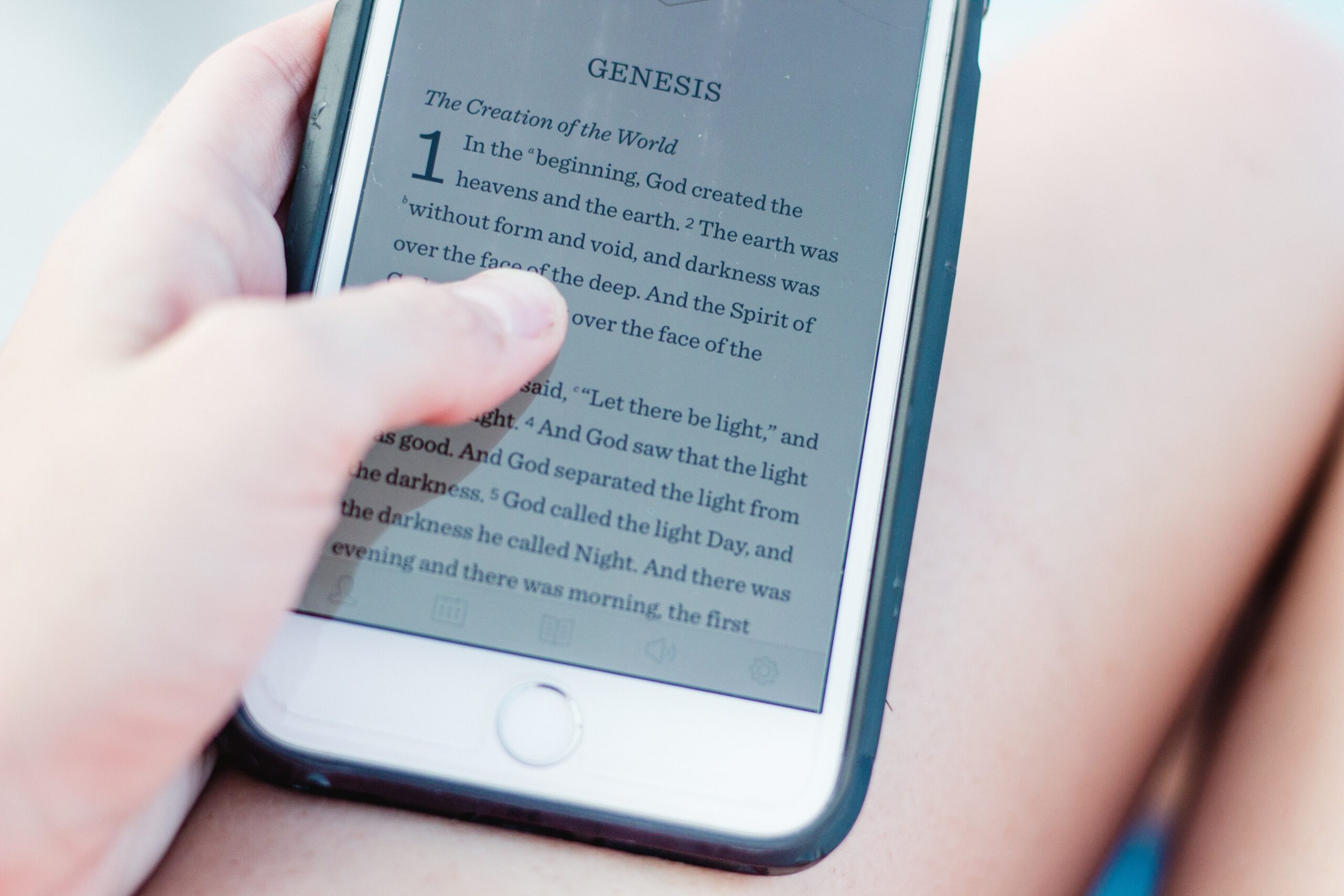
Man possesses an image of divinity within him that makes him unique and different from the things around him (Ps. 8:4-8). The image of divinity gives him rationality and freedom to live his life according to his desire. Hence, man is not a robot programmed to do the design of his creator. However, human rationality and freedom don’t mean that man has the autonomous right and power to do just anything he wants. Rather, part of the divine imprints within him has a certain aspect of limitation and instruction (Gen.1:28). As a creature, man is made to be dependent on his Creator and expected to follow divine will. God created man to trust Him.
The divine image shows a bond of relationship between the dependent and the all-sufficient God. Thus, the meaning of life, its purpose, power, satisfaction, and destination is summed up in one word, “dependence” on God.
Therefore, trusting God is an expression of humanness and a necessary and reasonable response to God. However, when man fell into sin, the naturalness of trusting God became corrupt (Gen. 3). Man began to question the character of His Creator and placed his own reason above the will of God. As a result, man was separated from God, making him unable to feel the presence and hear the voice of His Creator. Even now, the self-centered effect of sin in the human heart has greatly affected man in his view and value of God. Sin deceives and drives man to live independently of God. Man’s self-centeredness has caused him to lose the voice of His Creator which calls him to humble himself and repent of his sins.
The difficulty then of trusting God is not because there’s something wrong with God. The problem is that the human heart has been corrupted by sin. For this reason, to restore in man the appreciative ability to trust God, man needs to be born again in the Spirit of God (John 3:3).


0 comments